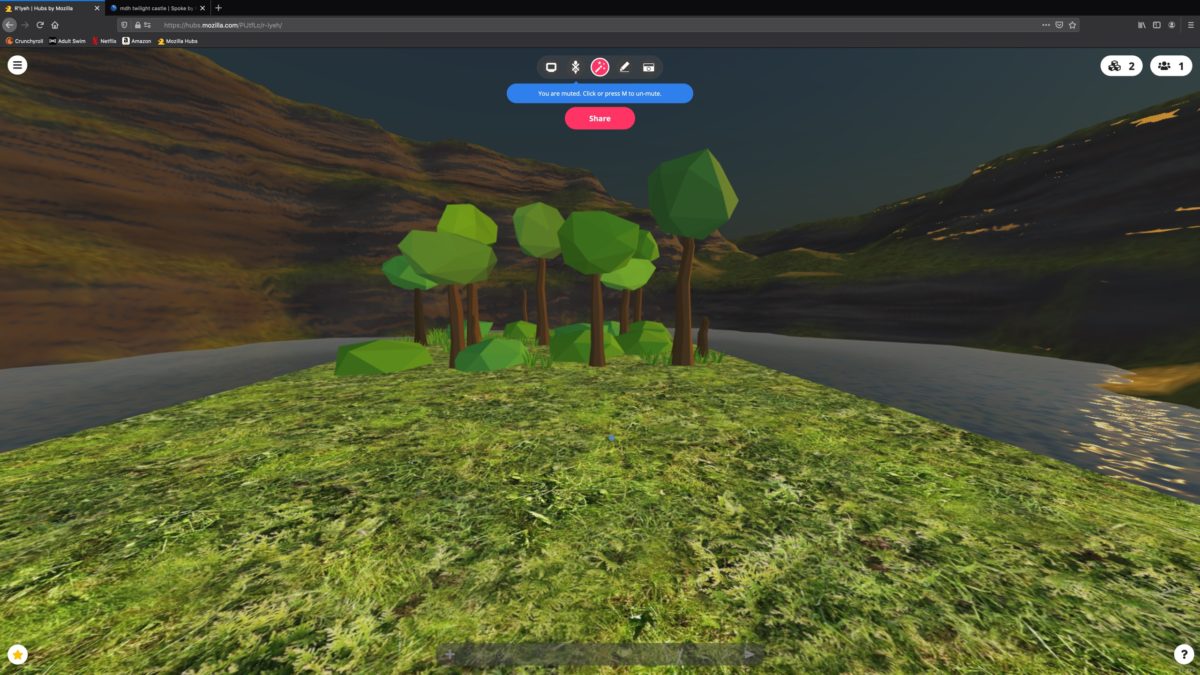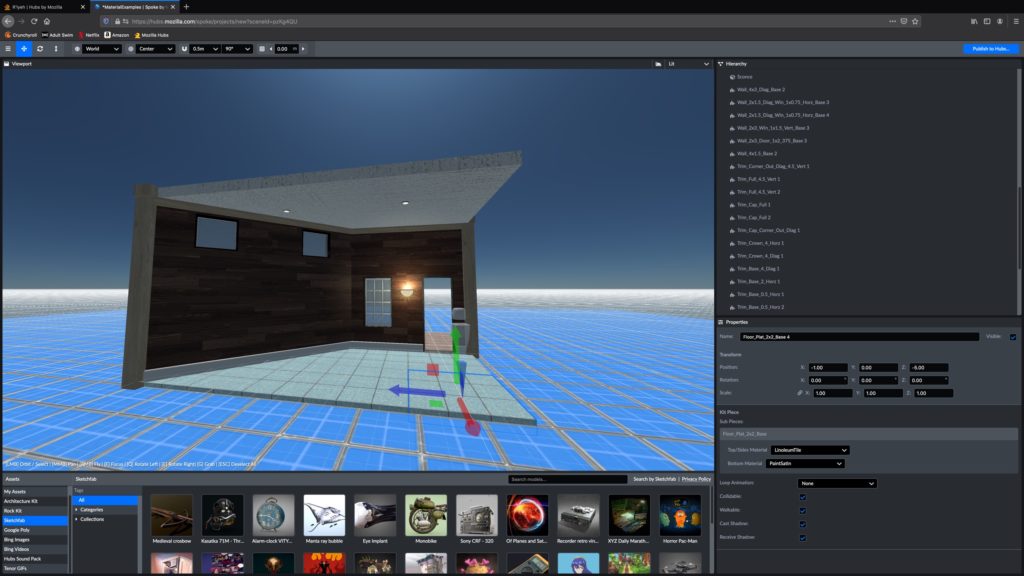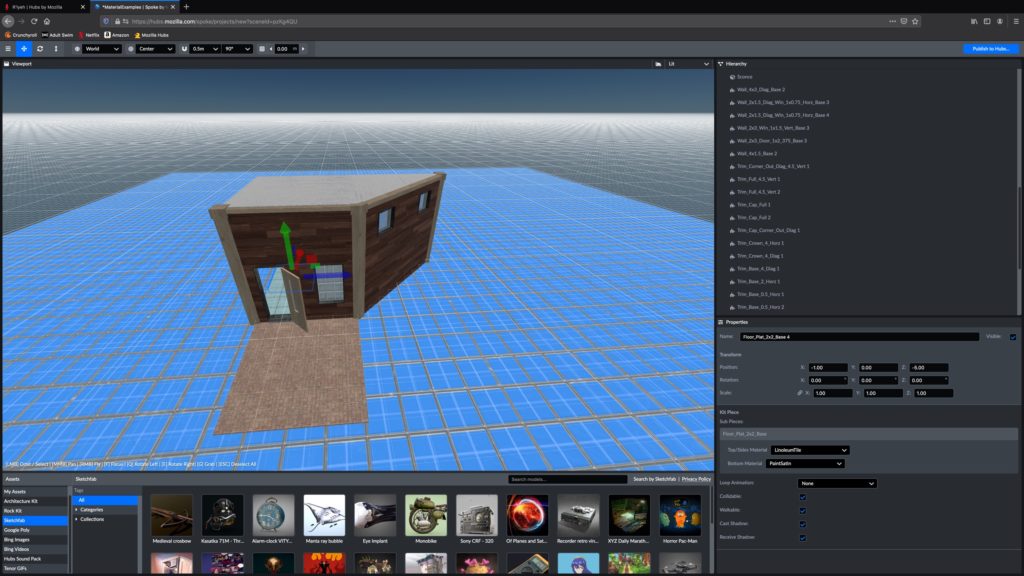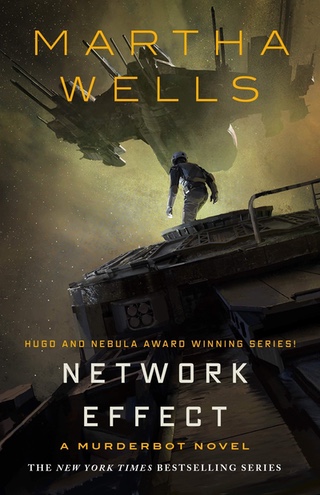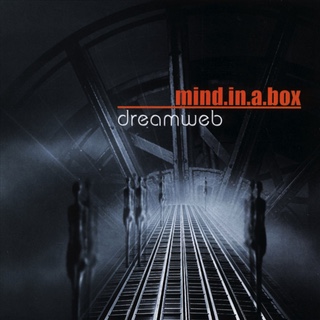I don't have store/play links for these, this is all local, the playlist I listen to many mornings, pick a random start point and play forward. This'll wake you up.
| Song | Album | Artist |
|---|---|---|
| Where Do I Begin (edit) | Dig Your Own Hole | Chemical Brothers |
| Neurosis | Drama | Bitter:Sweet |
| Nth Degree | Morningwood | Morningwood |
| One Too Many Mornings | Exit Planet Dust | Chemical Brothers |
| Let Forever Be | Surrender | Chemical Brothers |
| Airships | Futureperfect | VNV Nation |
| City Zen Radio 1990/2000 FM | Cure For Sanity | Pop Will Eat Itself |
| X Y & Zee [Sensory Amplification Mix] | Cure For Sanity | Pop Will Eat Itself |
| Japan Air | Endless Fantasy | Anamanaguchi |
| Life Is Sweet | Exit Planet Dust | Chemical Brothers |
| Heartbeat City | Heartbeat City | Cars |
| Waking Up | Drama | Bitter:Sweet |
| (Reach Up for The) Sunrise | Astronaut | Duran Duran |
| Let the Day Begin | The Best of the Call | Michael Been AKA The Call |
| I Want It All | The Platinum Collection | Queen |
| Sharing the World (feat. Hatsune Miku) | Sharing the World - Single | BIGHEAD |
| Streamline | Automatic | VNV Nation |
| Hit the Hi-Tech Groove | Box Frenzy (Remastered) | Pop Will Eat Itself |
| Satellite Ecstatica | This Is The Day...This Is The Hour...This Is This! | Pop Will Eat Itself |
| American Science | Notorious | Duran Duran |
| Mandelbrot Set | Where Tradition Meets Tomorrow | Jonathan Coulton |
| 21st Century Digital Boy | Stranger Than Fiction | Bad Religion |
| Twenty First Century Boy | 21st Century Boys - The Best Of | Sigue Sigue Sputnik |
| Neuromancer | Cyberpunk | Billy Idol |
| The Boy In the Bubble | The Essential Paul Simon (Bonus Video Version) | Paul Simon |
| I Don't Like Monday's | Emerald Rock | Boomtown Rats |
| Tomorrow People | Cyberpunk | Billy Idol |
| Only Solutions | Tron (Original Motion Picture Soundtrack) | Journey |
| Too Much Information | Ghost in the Machine (Message in a Box) | Police |
| Where Would I Be Without IBM | Peace and Love, Inc. | Information Society |
| U.04/01/2003 U.B.L.U.D. | Box Frenzy (Remastered) | Pop Will Eat Itself |
| Life In the Fast Lane | Eagles Live | Eagles |
| Number One | Best Of | Chaz Jankel |
| Demolition Man | Ghost in the Machine (Message in a Box) | Police |
| Burn You Up, Burn You Down | Big Blue Ball | Peter Gabriel, Billy Cobham, The Holmes Brothers, Wendy Melvoin, Arona N'diaye & Jah Wobble |
| Standing In the Line | Midnight Mission | Carla Olson and the Textones |
| Big Time | So (Remastered) | Peter Gabriel |
| Not Dead Yet | Edge Of The Century | Styx |
| Everything's Cool | Dos Dedos Mis Amigos | Pop Will Eat Itself |
| Jesus Built My Hotrod | Psalm 69: The Way to Succeed & the Way to Suck Eggs | Ministry |
| Under The Influence | Surrender | Chemical Brothers |
| Atom Bomb | Wipeout 2097 | Fluke |
| Music Is My Hot, Hot Sex | Cansei de Ser Sexy | CSS |
| Control | 1000 Fires | Traci Lords |
| Stuck On Repeat | Arecibo - EP | Little Boots |
| So Alive | Love And Rockets | Love and Rockets |
| Joy | Praise The Fallen | VNV Nation |
| More | Vision Thing | Sisters Of Mercy |
| Standing (Still) | Standing EP | VNV Nation |
| Dream On | Surrender | Chemical Brothers |
| Where the I Divides | Peace and Love, Inc. | Information Society |
| Erotic Ontology | Orbiting Cathedrals | Pro-Tech |
| This Is Ponderous | The Best of 2NU | 2NU |
| Solitary | Praise The Fallen | VNV Nation |
| Come Sail Away (Edit) | Styx: Greatest Hits | Styx |
| Asleep From Day | Surrender | Chemical Brothers |
| Surrender | Surrender | Chemical Brothers |
| Everybody Wants to Rule the World | Songs From the Big Chair | Tears for Fears |
| Flash's Theme | The Platinum Collection | Queen |
